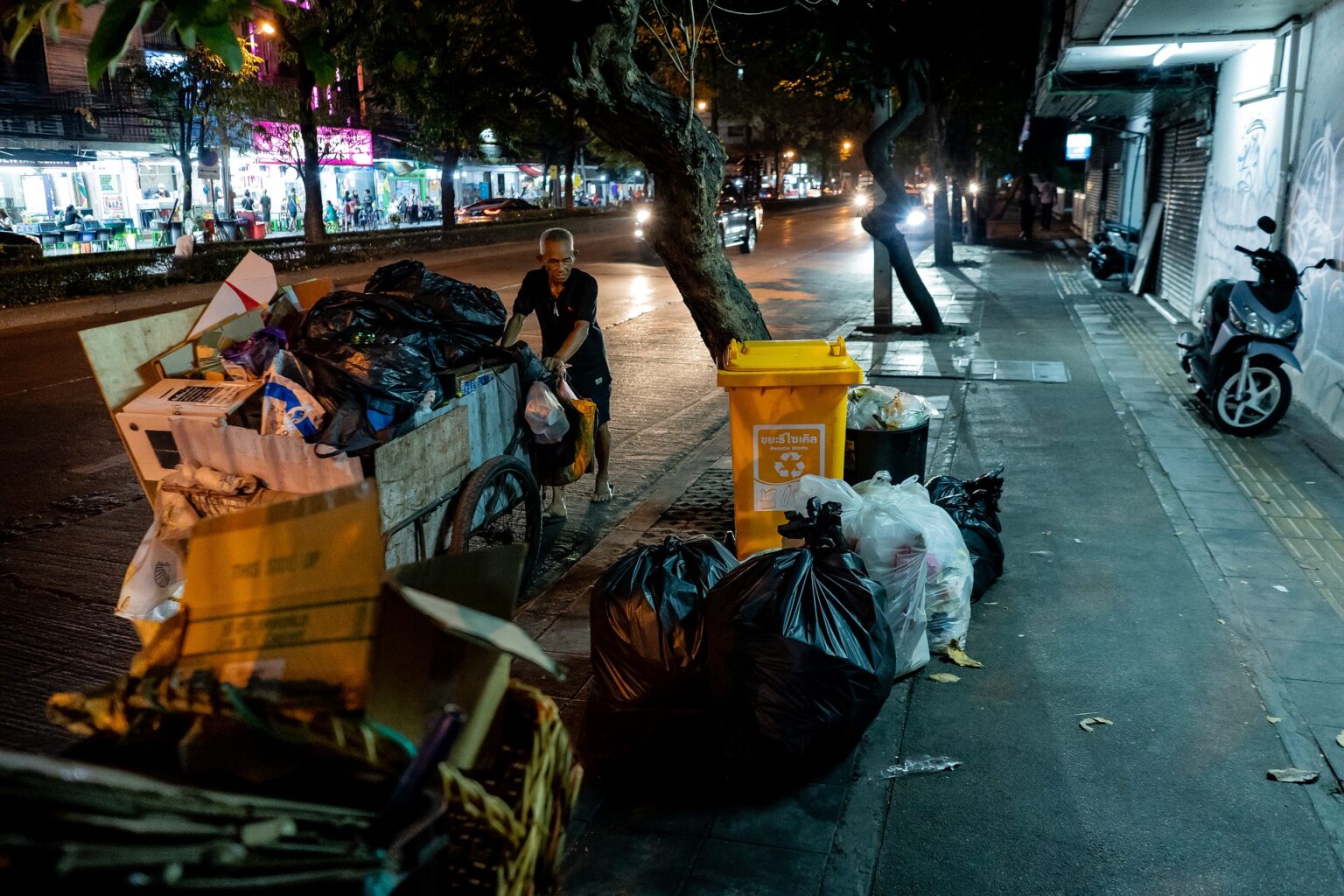More people are becoming poor while few are getting extremely wealthy The pandemic has exacerbated the levels of inequality in the world South Africa is the most unequal country in Africa Around one billion people live on less than one dollar per day, while the wealthiest 10 per cent of the population currently take 52
[elementor-template id="94265"]
